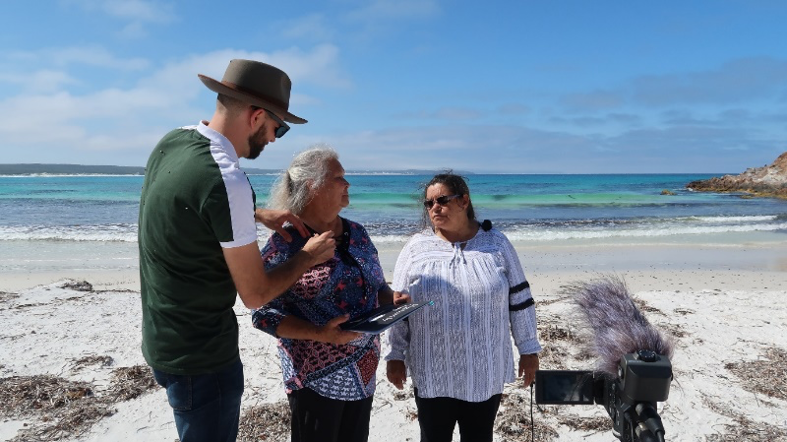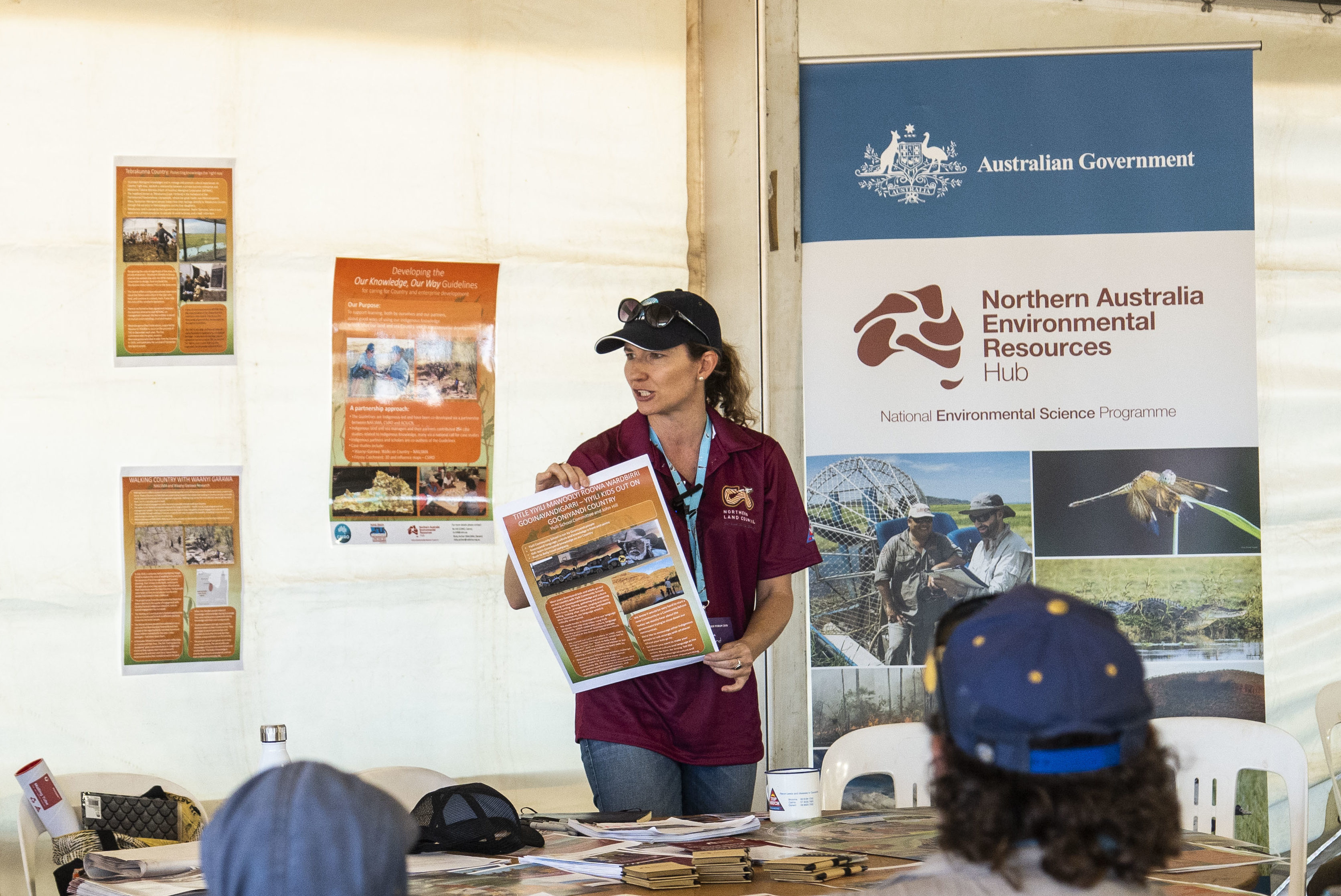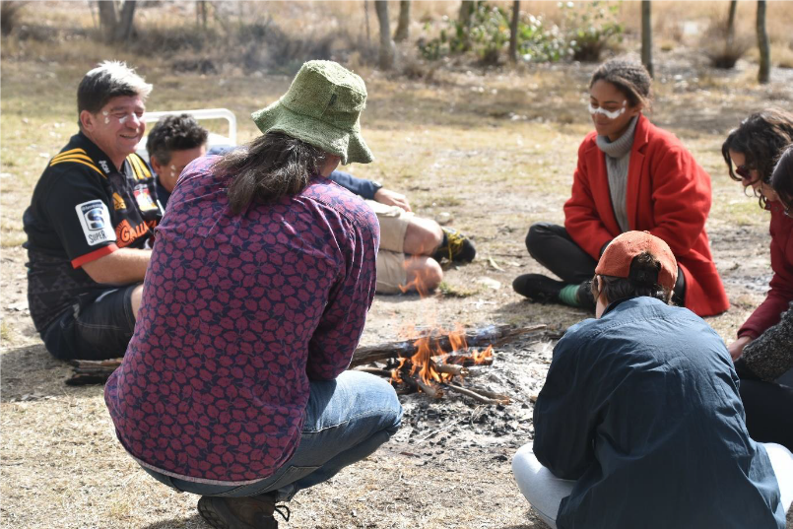30 July 2020
More than 100 Indigenous contributors have created the first Indigenous-led guidelines on how to best strengthen and share Indigenous knowledge in land and sea management, facilitated through the Australian Government’s National Environmental Science Program (NESP).
The ‘Our Knowledge Our Way in Caring for Country – Best Practice Guidelines from Australian Experiences’ is based on 23 case studies from across Australia, from the Torres Strait to Tasmania.
The North Australian Indigenous Land and Sea Management Alliance Ltd (NAILSMA), CSIRO, and the Australian Committee for IUCN facilitated the guidelines as part of NESP Northern Australia Environmental Resources Hub research that is supporting Traditional Owners by enabling the sharing of their knowledge the ‘right way’ in land management and environmental research.
These Guidelines better value and strengthen Indigenous knowledge holders and the systems that need to be in place to protect Traditional knowledge, in a platform that can be readily accessed by the researchers and the broader community. One of the best examples that mixes cultural knowledge systems and Western knowledge frameworks is Savanna Burning Projects, a cultural burning practice that’s been put through an academic framework to measure things like carbon.
– Ricky Archer, CEO of NAILSMA and Djungan man from the Western Tablelands of north Queensland

Wirlomin Noongar language case study, photo Amy Budrikis, Wirlomin Noongar Language and Stories.
Through the Indigenous-led guidelines, the authors share what is seen as best practice when working with Indigenous knowledge in land and sea management, research and enterprise development.
The guidelines highlight how Indigenous knowledge is kept strong through access to Country and Indigenous cultural governance of knowledge. The key guiding principle is that Indigenous people must decide what is best practice in working with Indigenous knowledge. The guidelines cut across four themes: strengthening Indigenous knowledge; strong partnerships; sharing and weaving knowledge; and Indigenous land and sea networks.
We need to take the time to listen and show respect for Aboriginal and Torres Strait Islander peoples’ knowledge, culture and Country, and be led by their knowledge. We have much to learn from Indigenous Peoples and so much more to achieve by working together.
– Dr Emma Woodward, Research Scientist, CSIRO

Dr Emma Woodward discusses the Our Knowledge Our Way Guidelines at the NLC Ranger Forum 2019, photo NESP Northern Hub.
Our support for this publication reflects our acknowledgement and respect for Australia’s long and rich history, of land and sea management by Indigenous Peoples, and their deep knowledge and expertise about a vast and changing continent.
– Peter Cochran, Chair of the Australian Committee for IUCN and IUCN Councillor
The guidelines identify ways that partners can support good knowledge practice, for example, through strong partnership agreements, support for cultural governance arrangements, and protocols.
The case study ”Yanama budyari gumada: walking with good spirit at Yarramundi, western Sydney” shows how partnerships work where there is trust founded on mutual respect. The Darug custodians explain how they are facilitating important connections with other people who connect with Yarramundi, helping them to “sign-in” to Country. They show visitors how to crush up white ochre and blow it out of their mouths to put a handprint on the casuarina trees.

Walking with good spirit at Yarramundi, Western Sydney case study, photo Yanama budyari gumada.
We truly hope that these guidelines prove useful to assist sharing and learning between Indigenous land and sea managers, to educate current and future partners, and to realise good outcomes for people and Country.
– The Indigenous-majority project Steering Committee
A summary of the guidelines, the guidelines, the launch event and a film showcasing the work can be found below.
Want to know more about the Resilient Landscapes Hub's activities and our research into practical solutions to environmental problems? Stay informed about activities, research, publications, events and more through the Hub newsletter.
"*" indicates required fields